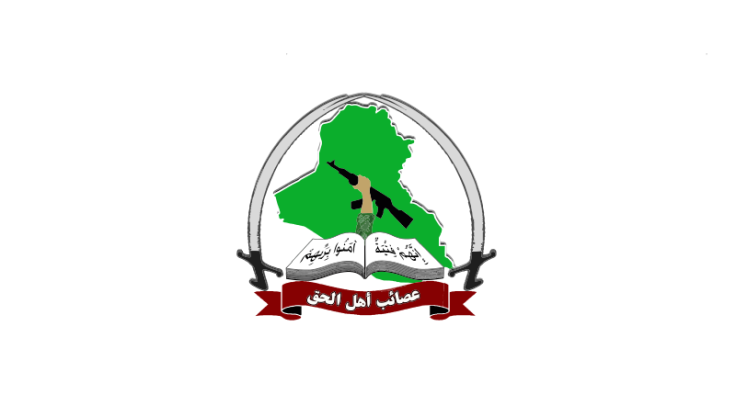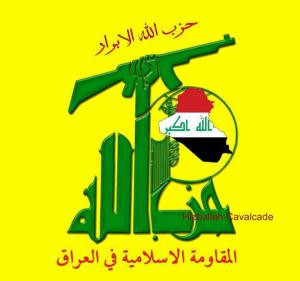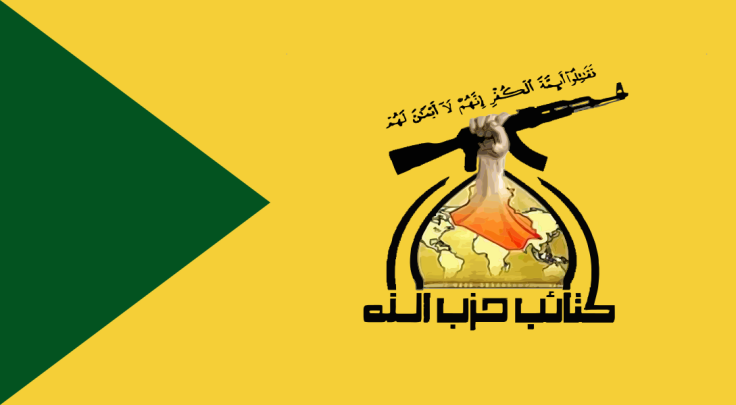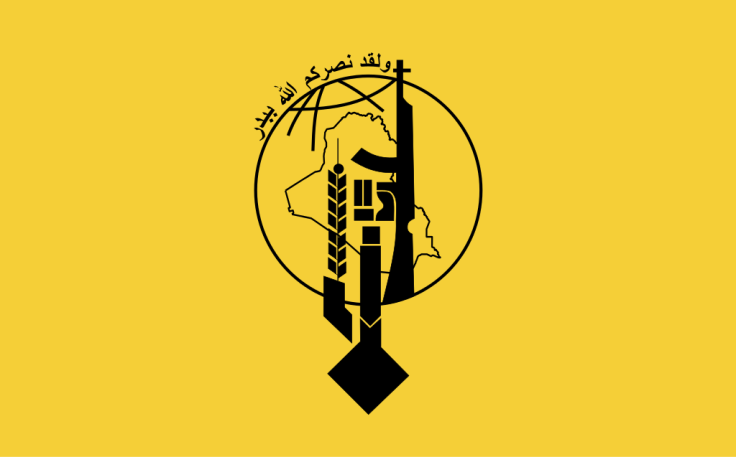Who are the Shia militias extending Iranian influence in Iraq?

Some of the most prominent figures in the US security establishment have in recent days warned of the threat Iran-backed Shi'ite militias currently battling Sunni extremists Islamic State (Isis) in Iraq could have on security in the Middle East.
Amid claims the militias have engaged in brutal reprisal attacks against Sunni civilians in areas they have seized back from IS, David Petraeus, the former US general and architect of the 2006 troops "surge" credited for quelling Sunni Shia violence in Iraq, argued the militias constitute "the foremost threat" to Iraqi stability.
"They have, to a degree, been both part of Iraq's salvation but also the most serious threat to the all-important effort of once again getting the Sunni Arab population in Iraq to feel that it has a stake in the success of Iraq rather than a stake in its failure," he said.
CIA director John Brennan said that despite the US sharing a common enemy in IS, he did not "consider Iran an ally right now inside Iraq", echoing concerns expressed by the chairman of the US Joint Chiefs of Staff, Martin Dempsey, who told Congress the militias might eventually turn against Sunni and Kurdish Iraqis.
The US is currently caught in a bind, reliant on Shi'ite militias that previously committed deadly attacks against US forces to wage ground war against IS, which it backs with air strikes.
Shi'ite militias claimed the US was attempting to steal the glory in the fight for Tikrit, and pulled their forces back from the front line.
The US has been keen to emphasise it is not coordinating its operations with Iraqi Shi'ite militias, which have received on-the-ground leadership from Iranian generals as well as training and artillery support.
Iraq 'smokescreen'
Phillip Smyth, who monitors Shi'ite extremist militias in Iraq for the Middle East Institute in Washington DC, said the sheer plethora of Shi'ite militias in Iraq acted as a smokescreen for Iran, allowing it to disguise its influence.
"You confuse people in terms of analysis, both external observers, and those within the region, if you have many different front groups that then establish their own identity," said Smyth, instead of groups all openly declaring loyalty to Iran's supreme leader Ayatollah Khamenei.
"The act of expressing absolute loyalty to Khamenei is not that popular in Iraq, it is not even that popular in the wider Shia world."
The act of expressing absolute loyalty to Khamenei is not that popular in Iraq, it is not even that popular in the wider Shia world
For Smyth, the US is right to be concerned about the role these groups, many of which have close ties to the Iraqi government, could have in destabilising Iraq, with members sharing videos and images showing the torture and murder of purported members of IS and Sunni collaborators in private online forums, many of which are leaked online to strike terror into their sectarian opponents.
Smyth said unlike IS, the militias were not keen to broadcast their authorship of the atrocities. "The Iranian backed groups are very smart. They have enough plausible deniability in what is furthered and what is pushed," he pointed out, adding those depicted in footage will wear masks and obscure militia insignia on uniforms.
"It is sending a number of messages; one message they are sending the Sunnis is that they can put their foot down when needed. It is sending messages to other actors in the region that they are very tough and also to internal supporters."
He said such tactics meant Shia atrocities did not gain as much coverage in the Western media as those committed by IS.
Smyth said Shi'ite commanders had made well-publicised threats against Sunni and Kurdish leaders. "If what you have now is essentially the influence of Hezbollah cloned groups under the control of the Iranians or under the control of various Shia leaders you run into a problem – how much instability is this going to cause going forward?" he said.
In order to help secure Iraq's security, the US ought to push for the formation of an inclusive Iraqi army, and to help empower the Sunni community, many of whom were deeply distrustful of the Shia-dominated Iraqi government, he said.
The militias are operating under the aegis of the Popular Mobilisation Committee, formed by former prime minister Nouri al Maliki after the collapse of the Iraqi army in June 2014, to rally Shia Iraqis to fight IS.
Below, IBTimes UK profiles some of the Shi'ite militias battling IS.
Asa'ib Ahl al-Haq (League of the Righteous)

Believed to be one of the largest Shi'ite militia in Iraq, the AAH is reportedly directly funded by Iran, and controlled by Qasem Suleimani, leader of Iran's elite al Quds brigade, who reports to Iran's supreme leader Ayatollah Khamenei.
Breaking away from the Mahdi Army militia of anti-American cleric Muqtada al-Sadr in 2004, the group was responsible for a number of deadly strikes against coalition forces in Iraq during the occupation, and since the departure of the last US troops from Iraq in 2011, has become a powerful political force.
The group's leader, Qais Qazali, was found guilty of involvement in operations that killed US servicemen, and was released from prison as part of a prisoner exchange deal in 2009.
The group has sent thousands of fighters to Syria, where they have battled against rebel forces, including IS, attempting to topple dictator Bashar al-Assad, and has also plaid a lead role the campaign to roll back Isis in Iraq.
It is one of the key groups engaged in the fight to retake Tikrit from IS, with the operation having received air support from the US.
Hezbollah al-Abrar (The Party of God of the Righteous)

In February, Hassan Nasrallah, commander of Lebanese Shi'ite militia Hezbollah, announced a special unit of the group, Hizballah al-Abrar, was fighting IS in Iraq.
Smyth said that in common with many Shia militias, the group has modelled its command structure and ideological profile on Hezbollah.
The groups is believed to have sent fighters to several fronts to battle IS in Iraq.
Recently, Hezbollah's yellow flag was pictured raised over a defaced IS logo in a village on the outskirts of Tikrit.
Kata'ib Hezbollah (Hezbollah Battalions)

Another offshoot of the Mahdi Army, the group is believed to be funded and trained directly by al Quds, and during the occupation of Iraq committed a series of deadly attacks against US forces, posting videos of the attacks online.
The group is listed as a terrorist organisation by the US State Department and has ties with the Lebanese Hezbollah. The group is also engaged in the operation to retake Tikrit from IS.
Badr Brigades

Formed in the 1980s to train Iraqi Shia to fight against Saddam Hussein's forces in the eight-year war between Iraq and Iran, the group established a presence in Iraq in 2003 following the US-led invasion, where it committed a series of vicious sectarian attacks against the Sunni community.
The group then became involved in Iraqi politics, with its leader, Hadi al-Amiri, serving as transport minister under the divisive Shia majority government of Nouri al Maliki.
The head of the Popular Mobilization Committee, Abu Mahdi al Muhandis, is a former Badr leader, listed as a terrorist by the US in 2009.
When IS swept through swaths of north-eastern Iraq in June 2013, the Badr Brigades were instrumental is halting their advance on the outskirts of Samarra, home to several key Shia religious sites.
The groups has been accused of torturing and summarily executing IS prisoners, and reprisal attacks against Sunni civilians, allegedly "cleansing" areas it has won back of their Sunni population.
© Copyright IBTimes 2025. All rights reserved.






















